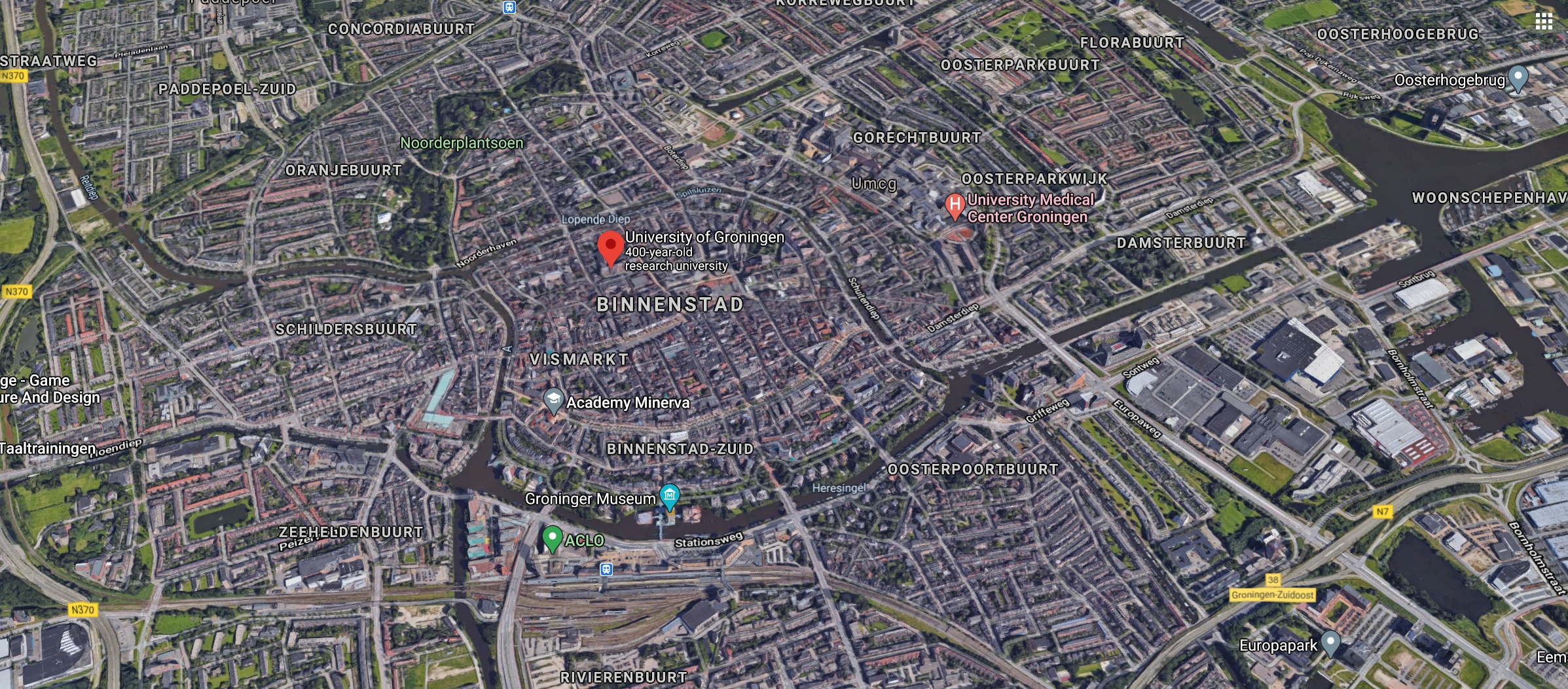Department of European and Economic Law and Groningen Centre of Energy Law
One of the pressing legal questions of the energy transition is how to integrate “prosumers”, consumers who start producing electricity, in the electricity market. So far, their influence remains limited or fully absent because their role as independent market participants is barely or not facilitated as they are usually subject to regulated remuneration schemes. Blockchain technology offers changing the approach of “integration in the market” into “becoming the market” by enabling peer-to-peer transactions. Currently, transactions are facilitated by third parties, suppliers and system operators, whose main task is centrally compiling and coordinating information on loads and generation and contracting supply and distribution services. Instead, blockchain technology enables new ways of organising decentralised persons without the immediate need for one centrally connecting entity. This implies profound legal- and policy consequences. Based on information on first use cases of blockchain applications in the electricity sector, this article identifies those main policy implications for EU electricity law and thereby adds to the discussion how blockchain technology could facilitate “prosumers” to develop as independent market participants in the electricity sector from an energy law perspective.










